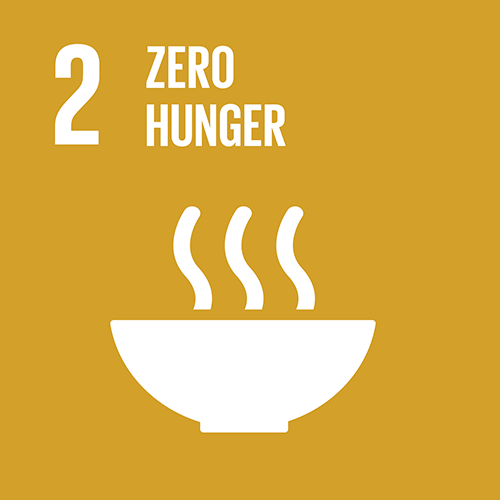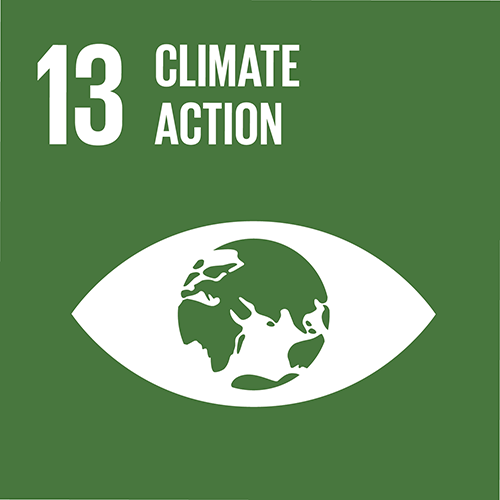Regenerative agriculture in the Migros supply chain

Project type: Land Use and Forestry
Project location: Switzerland
Project status: In operation, exclusive
Annual emission reduction of the whole project: 1,500 t CO2e
With this pilot programme, an innovative climate protection programme has been launched in the M climate fund that is intended to demonstrably increase the potential sink capacity of the arable land of farms in the Migros supply chain.
Agricultural soils are carbon sinks
On the one hand, farms are increasingly being affected by climate change and the associated increase in extreme weather. On the other hand, the soils of farms offer huge potential for carbon storage and are able to reabsorb CO2 from the atmosphere as soil carbon. Measures that protect the soil and build up humus result in humus accumulation and an increase in the carbon in arable land.
Watch the SRF 10vor10 report on this project: " The idea" - Soil as a CO2 reservoir
Regenerative agriculture, consultancy and satellites
At the core of the programme are regenerative agricultural measures that build up humus. This includes optimised agricultural measures (reduced soil tillage, crop rotation, green manures), composting and the introduction of vegetable carbon. Together with partners, AgriCircle has established a measurement and consultancy concept to provide companies with optimum local support over the duration of the programme. With the innovative soil measurement system from AgriCircle, which provides better data and insights into local soil conditions thanks to satellite support, as well as accurate information about the carbon in the soil, fertiliser and pesticide applications can also be optimised in consultation, which contributes to additional emissions reductions (not calculated in this programme).
The Migros humus development programme turns farmers into allies in the fight against global warming. More humus means a bigger carbon sink capacity in the soil, as well as increased soil life and more stable yields. As a result, farmers create life.
This project contributes to 2 SDGs*
*as at the end of 2023. Find out how myclimate reports these SDGs in our FAQ.
Building up the humus content improves the water storage capacity and thus increases resilience to extreme weather (heatwaves, flooding). The consultations and soil measurements for farms also promote the understanding and implementation of sustainable agriculture.
Around 13,400 t CO2 will be sequestered by 2030.
Situation without project
Humus depletion on arable landPartner


Project number
7939-011








